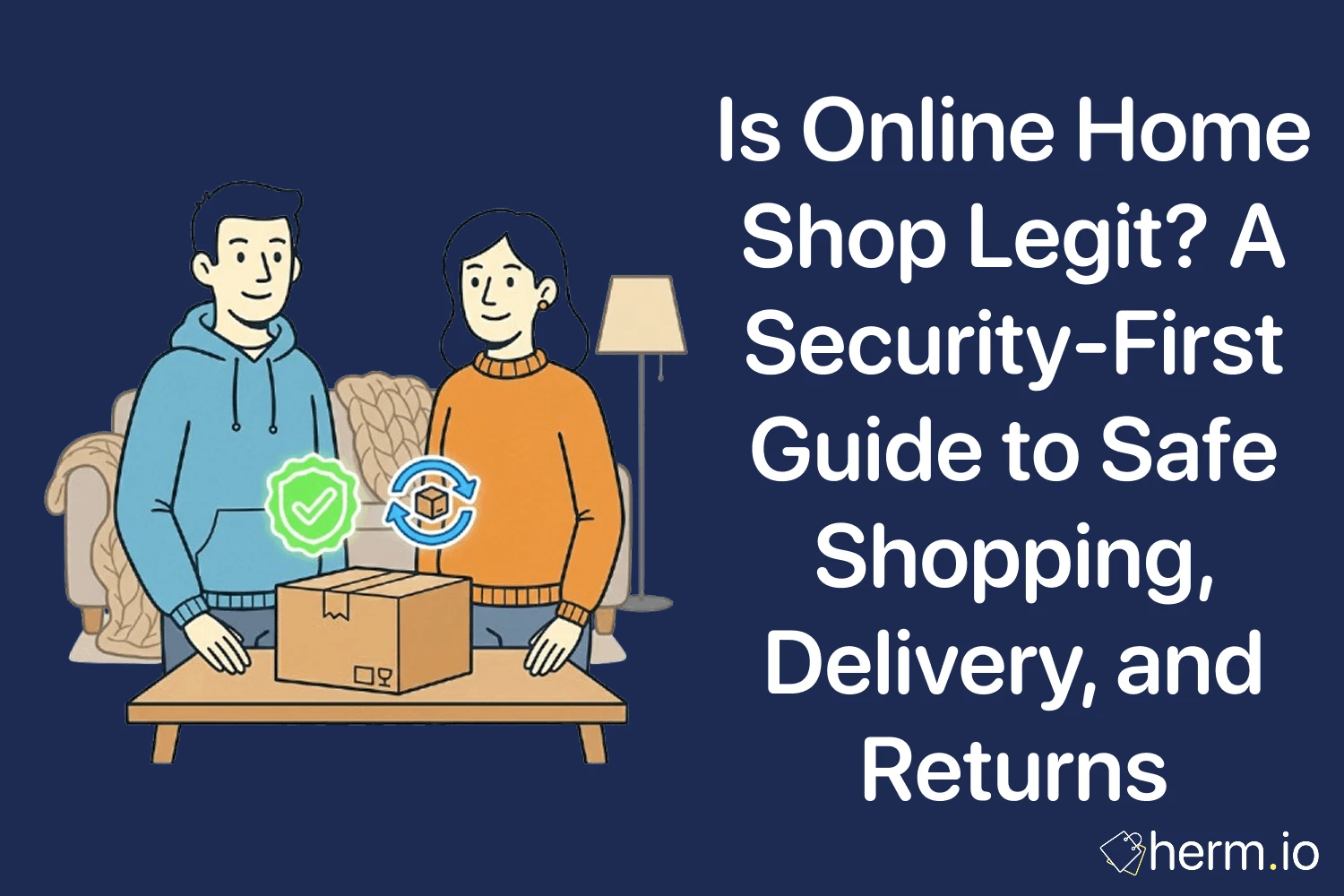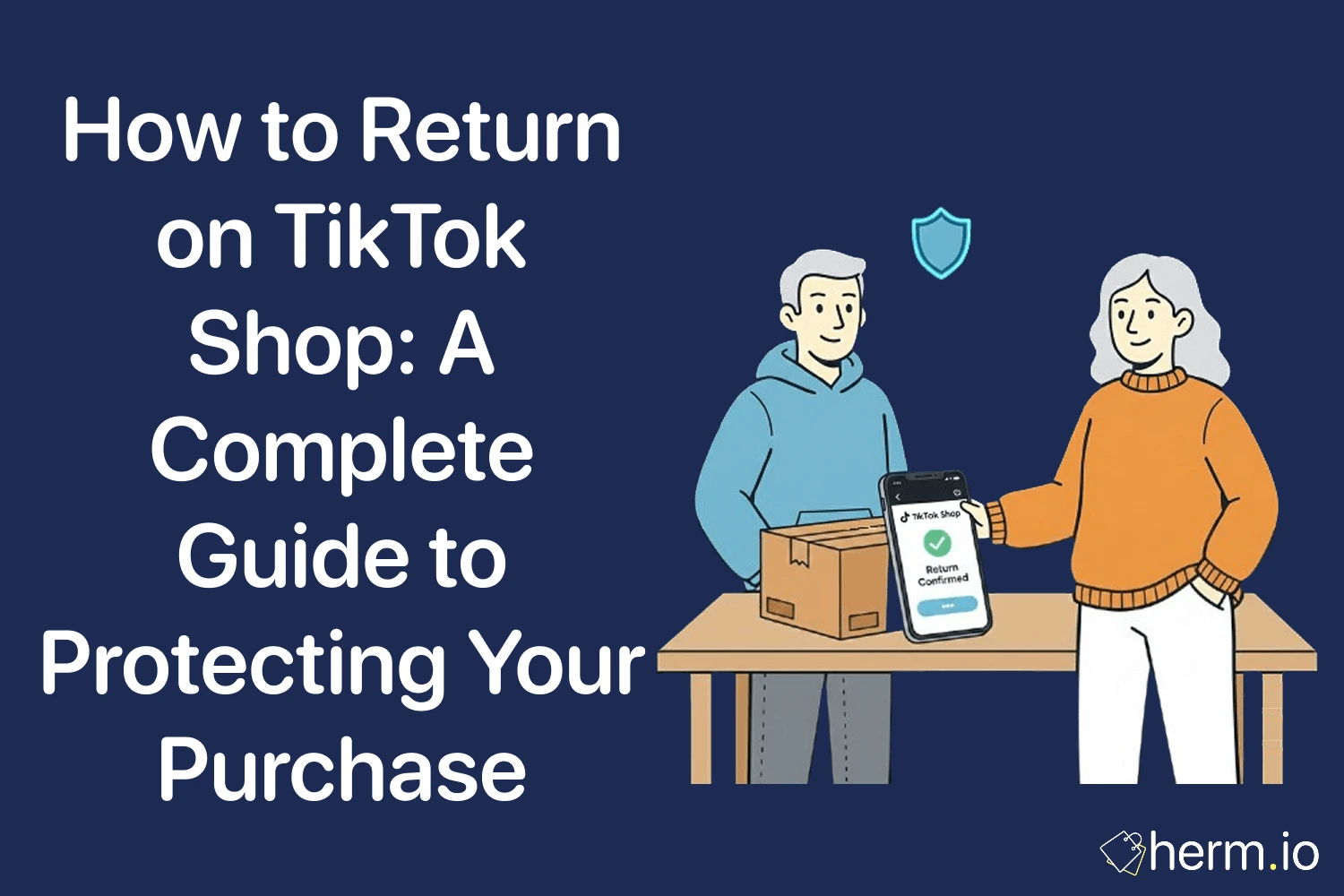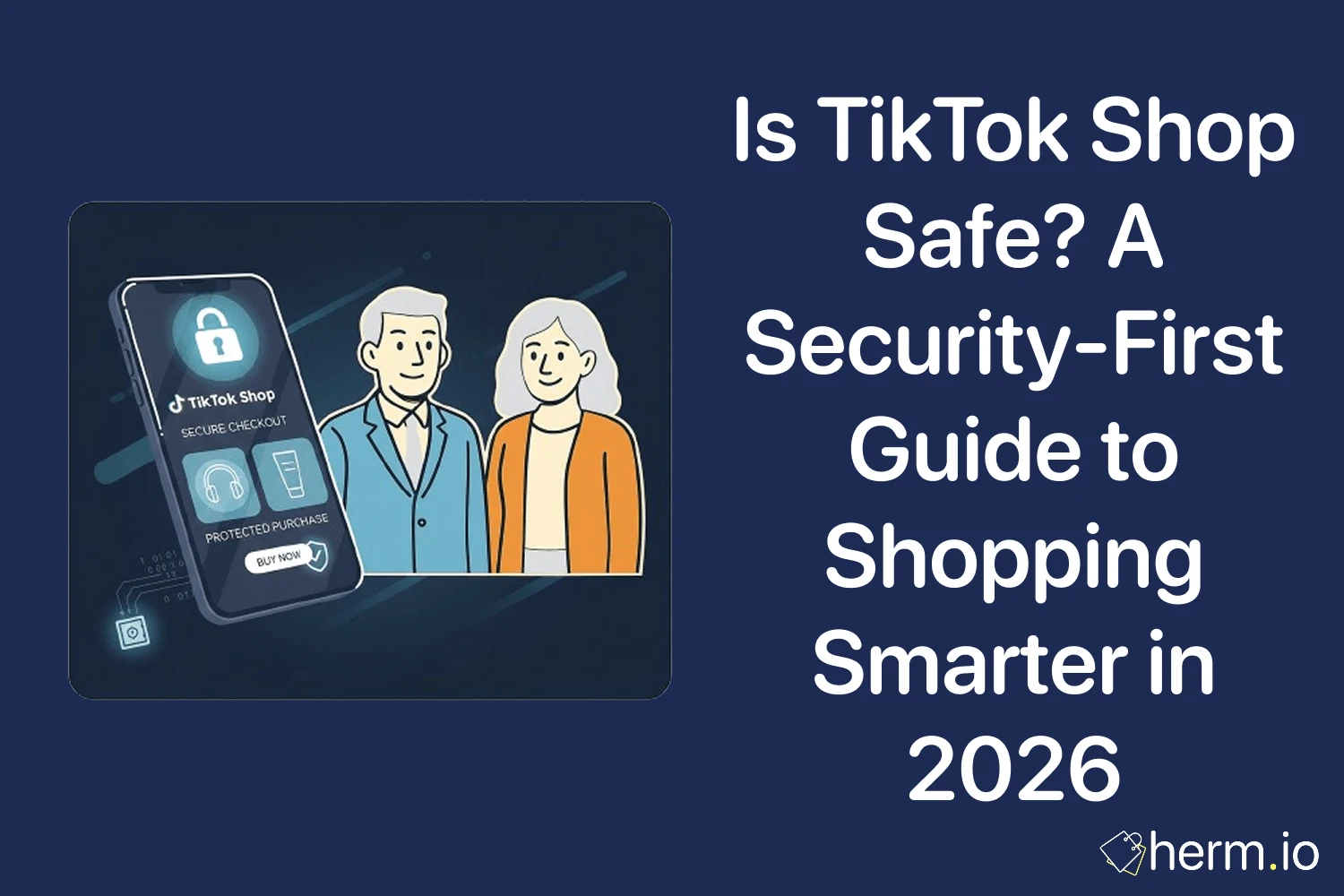
Sarah thought she'd found the perfect Christmas gift—a designer handbag at 70% off from what appeared to be a legitimate retailer. The site looked professional, had a secure checkout, and even featured customer reviews. Three weeks later, no package arrived, her bank account was £180 lighter, and her card details were being used for unauthorised purchases across Europe.
From a security perspective, Sarah's experience highlights a critical vulnerability in modern shopping: the sophisticated nature of contemporary e-commerce scams. Building resilient shopping habits requires understanding how fraudsters operate and implementing systematic defences against their tactics.
This guide will equip you with practical methods to identify fraudulent websites, secure your payment information, and create what I call "digital armour" for your online shopping activities.
Quick Security Wins: Implement These Today
- Check domain age: Use whois.com to verify the site has existed for at least six months
- Test customer service: Send a pre-purchase enquiry and expect a human response within 48 hours
- Verify HTTPS properly: Look for the padlock icon and ensure the certificate matches the company name
- Compare prices: If discounts exceed 30% on new items, investigate further before purchasing
- Use protected payments: Credit cards offer stronger fraud protection than debit cards or bank transfers
Creating Your Security Assessment Framework
Think of evaluating e-commerce sites like conducting a security audit. Each element you examine builds a complete picture of the site's legitimacy.
Domain and Certificate Analysis
Professional criminals often register domains that mimic established brands. Before entering any personal information, examine the URL structure carefully. Legitimate retailers use consistent branding: nike.com, not nikee-store.com or nike-outlet.shop.
Certificate verification provides another layer of security intelligence. Click the padlock icon in your browser's address bar. The SSL certificate should be issued to the actual company, not generic hosting providers. If Apple Store appears in the URL but the certificate belongs to Hosting Solutions Ltd, you're looking at a fraudulent operation.
Conducting Background Intelligence
From a security perspective, thorough reconnaissance prevents most shopping disasters. WHOIS database searches reveal registration dates, ownership details, and hosting locations. Legitimate businesses typically maintain domains for years; sites registered last month claiming to sell established brands deserve extreme caution.
Review aggregation provides valuable intelligence about operational patterns. Search for the site name on Trustpilot, Sitejabber, and Google Reviews. Look for review volume, timing patterns, and response quality. Genuine businesses accumulate reviews gradually over time; fake operations often feature clusters of identical five-star reviews posted within days of each other.
Communication Security Testing
Building resilient shopping habits requires testing customer service capabilities before making purchases. Send a specific question about shipping policies, return procedures, or product specifications. Legitimate businesses respond promptly with detailed, personalised answers.
Examine contact information critically. Real companies provide multiple communication channels: phone numbers, email addresses, and physical locations. Generic contact forms or vague "customer service" email addresses suggest operations designed to collect payments without providing actual support.
Payment Protection Strategies
Your payment method represents your final line of defence against fraudulent transactions. Think of it as creating financial barriers that limit exposure while maintaining purchase convenience.
Credit Card Fortress Strategy
Credit cards offer superior protection compared to other payment methods. UK credit card regulations provide Section 75 protection for purchases between £100 and £30,000, making card companies jointly liable for merchant failures or fraud.
When possible, use credit cards issued by major banks rather than store cards or lesser-known providers. Established issuers have sophisticated fraud detection systems and experienced dispute resolution teams.
Advanced Payment Security
Virtual payment numbers provide exceptional security for online transactions. Most major banks now offer temporary card numbers linked to your main account. After single use, these numbers become worthless to criminals who might compromise merchant databases.
Payment intermediaries like PayPal, Apple Pay, or Google Pay create additional security layers. You never share actual card details with merchants, and these services often provide their own buyer protection programmes beyond standard card protections.
Purchase Documentation
Security professionals maintain detailed records of all transactions. Screenshot order confirmations, save email receipts, and document all communications with sellers. This evidence becomes crucial if you need to dispute charges or demonstrate fraudulent activity to authorities.
Real-World Security Case Study
Consider this systematic analysis of a suspicious luxury goods website:
Initial Assessment: The site claimed to offer genuine designer watches at 60% discounts, featured professional photography, and displayed security badges.
Security Investigation Results:
- Domain Analysis: Registered three weeks prior to a major shopping holiday
- Certificate Verification: SSL certificate issued to hosting company, not the luxury brand
- Contact Testing: Customer service email bounced; phone number connected to voicemail in foreign language
- Price Intelligence: Official brand retailers never discount new releases beyond 20%
- Review Analysis: All positive reviews posted within 72-hour window by accounts with no purchase history
Security Conclusion: Multiple indicators confirmed fraudulent operation designed to collect payments without delivering products.
Building Long-Term Shopping Security
Maintaining robust shopping security requires ongoing vigilance and systematic approaches to new threats.
Browser and System Hardening
Keep your browser updated with latest security patches. Enable automatic updates and use browsers with strong security reputations like Chrome, Firefox, or Safari. Install reputable security extensions that flag suspicious sites before you interact with them.
Consider using dedicated shopping browsers or private browsing modes for online purchases. This prevents tracking cookies and reduces the risk of session hijacking during financial transactions.
Account Security Architecture
Implement unique, strong passwords for every shopping account using a password manager. Enable two-factor authentication wherever available, particularly for payment services and accounts storing card information.
Regularly review account statements and set up transaction alerts. Most banks offer instant notifications for online purchases, allowing you to identify unauthorised activity within minutes rather than weeks.
Recovery and Reporting Procedures
Despite best precautions, sophisticated criminals occasionally succeed. Having a response plan minimises damage and helps prevent future incidents.
Contact your card issuer immediately upon discovering fraudulent activity. Most provide 24-hour fraud hotlines and can freeze compromised accounts within minutes. Document all unauthorised transactions and provide evidence of attempted purchases.
Report incidents to Action Fraud (the UK's national reporting centre) and relevant consumer protection agencies. Your reports help authorities track criminal networks and protect other consumers from similar schemes.
Frequently Asked Questions
How can I verify if discount prices are legitimate?
Research typical pricing across multiple authorised retailers. Most established brands maintain consistent pricing policies and rarely offer discounts exceeding 20-30% on current season items. Compare prices on manufacturer websites, major department stores, and authorised online retailers. If one site offers significantly deeper discounts, investigate their authorisation status directly with the brand.
What should I do if I suspect I've shopped on a fake website?
Act immediately to limit potential damage. Contact your bank or card issuer to report the transaction and request monitoring for fraudulent activity. Document all evidence including screenshots, emails, and transaction records. Report the incident to Action Fraud and leave detailed warnings on review platforms to protect other consumers. Monitor your credit report for unauthorised accounts or enquiries over the following months.
Are payment apps like PayPal always safer than credit cards?
Payment intermediaries add valuable protection layers, but they're not universally superior to credit cards. PayPal offers buyer protection for eligible transactions, but coverage has specific limitations and timeframes. Credit cards provide Section 75 protection under UK law, making card companies jointly liable for merchant failures. The safest approach combines both: use PayPal or similar services funded by credit cards rather than bank accounts.
How do I know if a website's security certificates are trustworthy?
Click the padlock icon in your browser's address bar to examine certificate details. Legitimate certificates should be issued to the actual company name, not generic hosting providers. Check the issuing authority—trusted certificate authorities include DigiCert, GlobalSign, and Let's Encrypt. Be cautious if certificates are self-signed or issued by unfamiliar authorities. Modern browsers automatically warn about invalid or suspicious certificates.
From a security perspective, treating online shopping like any other financial transaction—with appropriate caution and systematic verification—protects both your money and personal information. Building these habits takes minimal effort but provides substantial protection against increasingly sophisticated criminal operations.
Think of it as creating digital armour: each verification step adds another layer of protection, making you a harder target for fraudsters who prefer easier victims. Your security investment pays dividends not just in prevented losses, but in the confidence to shop safely and take advantage of legitimate online opportunities.

Oliver James Whitmore
I'm a security expert specializing in privacy, systems architecture, and cybersecurity. With experience across startups and large enterprises, I build resilient, user-centric security systems. I bridge the gap between technical capabilities and business value, making complex systems both secure and adaptable.

.png)








.png)

.png)
.png)
.png)